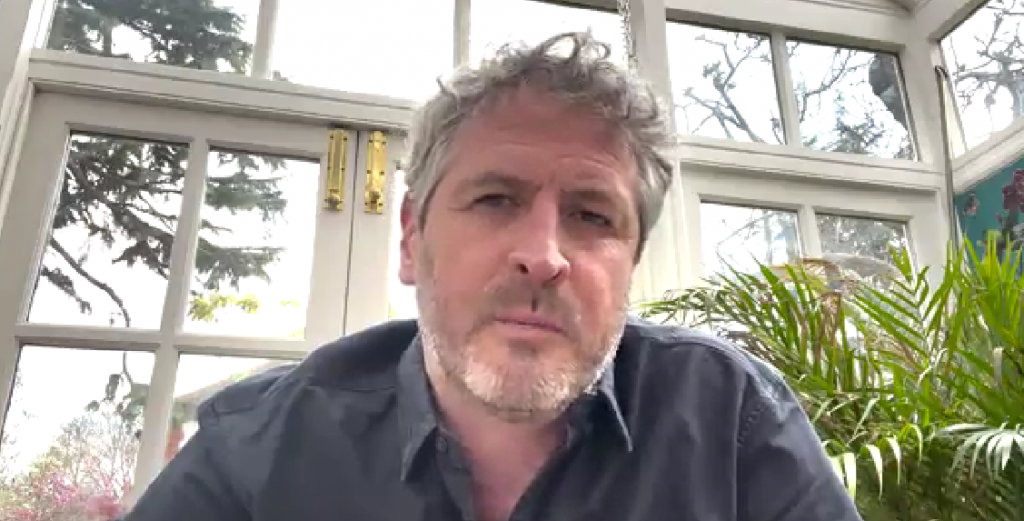Death wishes, whether they pay for a world cruise for family members or just for someone to put the bins out each week, are a great way of getting people to connect with protection.
Ed Edwards, head of brand at life insurer DeadHappy, (pictured) told delegates at Protection Review’s ProtectX6 that one of the firm’s drivers of change had been using death wishes to engage with customers.
“We ask what do you want to happen when you die?” Edwards said.
“And that’s from the obvious big ticket needs of cover my funeral costs, cover the mortgage, pay down the mortgage, leave chunks of money for individual members of the family, maybe even uni fees for the kids.
“But also amazing experiences for friends and families – pay for a round the world cruise for your sister’s family, an all expenses paid trip to Vegas for your mates or really tiny gestures that make a difference in people’s lives, arrange for the bins to be taken out every week.
“It sounds ridiculous but we’ve had people that have literally specified in their death wishes, send flowers to your partner every week for the rest of their life, every day every week, every month whatever.”
He also highlighted that one father had arranged for his son to be bought a new pair of football boots every season which would be dedicated from him.
According to Edwards, the firm has co-created more than 250,000 death wishes to date which can be shared across social media platforms.
He noted the death wish platform was separate from the firm’s products so customers who have insurance with other companies or brokers are still able to use it and bolt it into theirs to help them plan the use of their funds and tell their beneficiaries.
Ultimately, the key to success of death wishes is to get people to engage with protection, Edwards said.
“It makes the product benefits, real, tangible and personal in a way that no insurance certificate could ever achieve,” he continued.
“Death wishes aren’t morbid or scary. They’re empowering and inspiring – whether they are financial or non-financial. They allow anyone to plan for their death but with a sense of imagination.”
